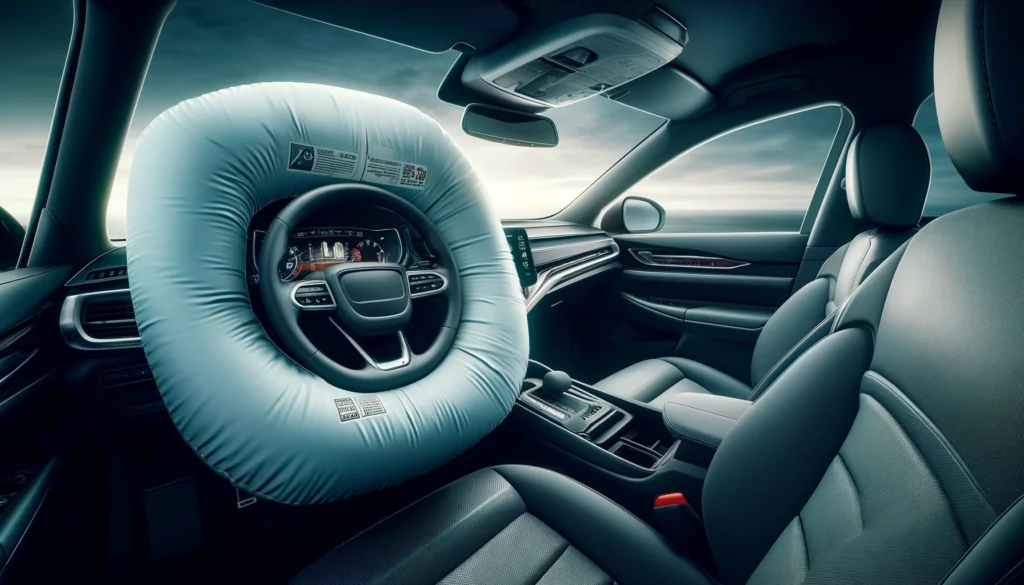Experiencing a car accident is stressful enough, but finding out that your airbag didn’t deploy can be alarming and confusing. Airbags are designed to protect you during severe collisions, so understanding why they sometimes fail to deploy is crucial for your safety and legal recourse. In this blog, we’ll explore the common reasons why airbags might not deploy and what you can do about it.

1. Types of Collisions
Not all collisions trigger airbag deployment. Airbags are designed to deploy in moderate to severe frontal or near-frontal crashes. Side, rear, or minor frontal impacts may not generate the force needed to activate the airbags. For more details, the National Highway Traffic Safety Administration (NHTSA) provides comprehensive guidelines on airbag deployment criteria.
2. Sensor Issues
Airbag systems rely on sensors to detect a collision. If these sensors are damaged, faulty, or improperly calibrated, they may not send the signal needed for the airbags to deploy. Regular vehicle maintenance and inspections can help ensure that your sensors are functioning correctly.
3. Airbag Defects
Manufacturing defects in the airbag system can also prevent deployment. This includes problems with the airbag module, wiring, or the inflator. If you suspect a defect, checking for recalls on your vehicle model can be a good start. You can check for recalls on the NHTSA Recall Lookup Tool.
4. Seat Belt Use
Airbags are part of a supplementary restraint system, meaning they are designed to work with seat belts. If you’re not wearing a seat belt, the airbags might not deploy as intended. Ensure that you always buckle up to maximize your safety.
5. Speed and Impact Thresholds
Airbags deploy based on the severity of the impact. If the collision speed or impact force doesn’t meet the predetermined threshold, the airbags might not deploy. This threshold is calculated to minimize the risk of airbag-related injuries in less severe accidents.
6. Aftermarket Modifications
Aftermarket modifications or repairs to your vehicle, especially those affecting the front bumper or internal wiring, can impact airbag functionality. Always ensure that modifications are done by certified professionals and check that all safety systems are intact post-modification.
Legal Recourse for Airbag Failure
If you’ve been injured in an accident where your airbag didn’t deploy, you might have grounds for a legal claim. Potential defendants can include the vehicle manufacturer, airbag manufacturer, or the mechanic responsible for the vehicle’s maintenance. Consulting with a specialized San Antonio personal injury attorney can help you navigate the complexities of such cases.
At Ryan Orsatti Law, we specialize in plaintiff personal injury law and have extensive experience handling cases involving vehicle safety failures. Our team can help you investigate the cause of the airbag failure, determine liability, and pursue compensation for your injuries. Contact us today for a free consultation to discuss your case and learn about your legal options.
Conclusion
Understanding why your airbag didn’t deploy can help you take the necessary steps to ensure your safety and seek justice if needed. Regular vehicle maintenance, staying informed about recalls, and knowing your legal rights are crucial. If you or a loved one has been injured due to an airbag failure, Ryan Orsatti Law is here to help you every step of the way.

